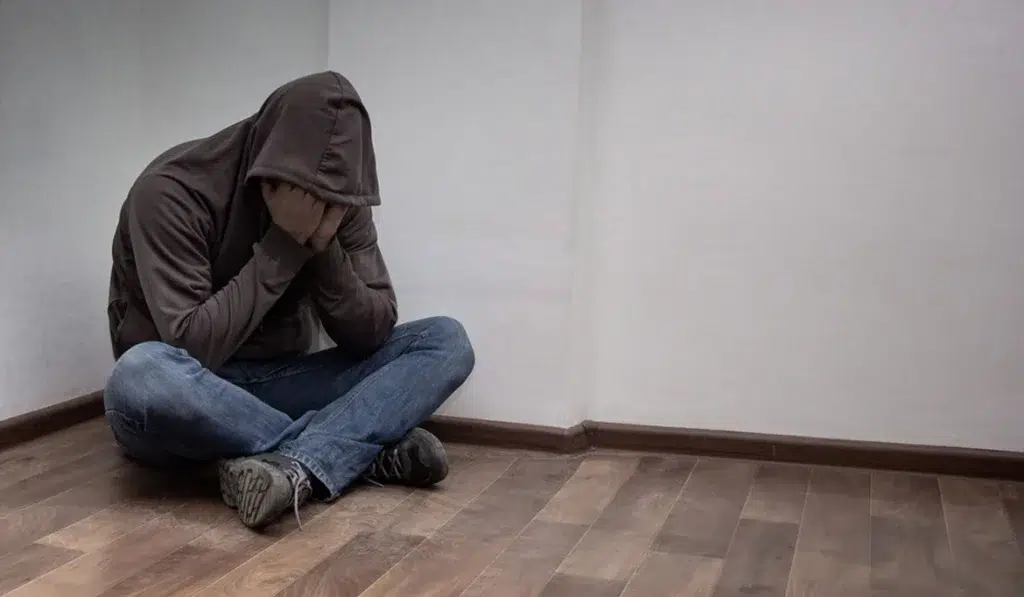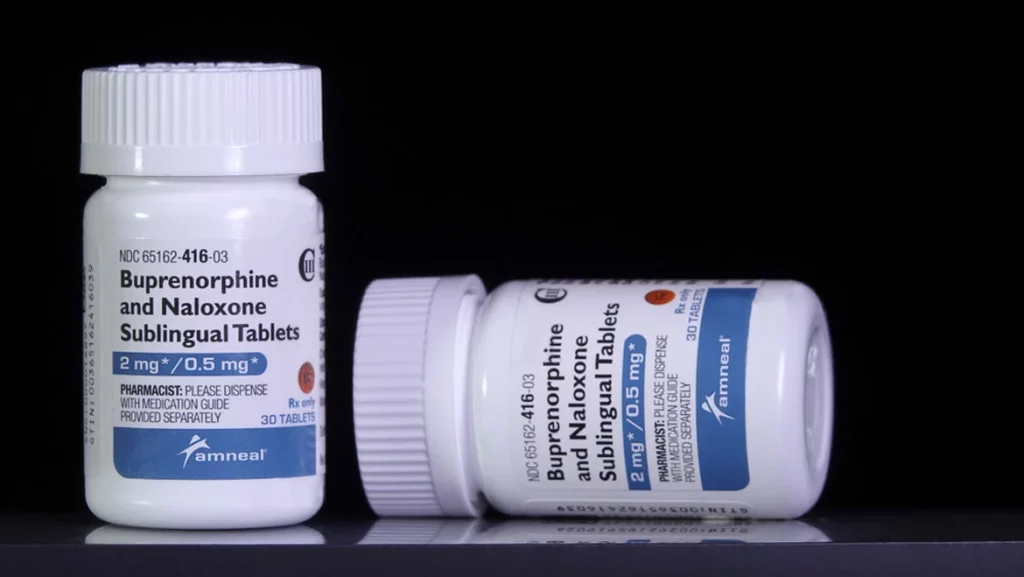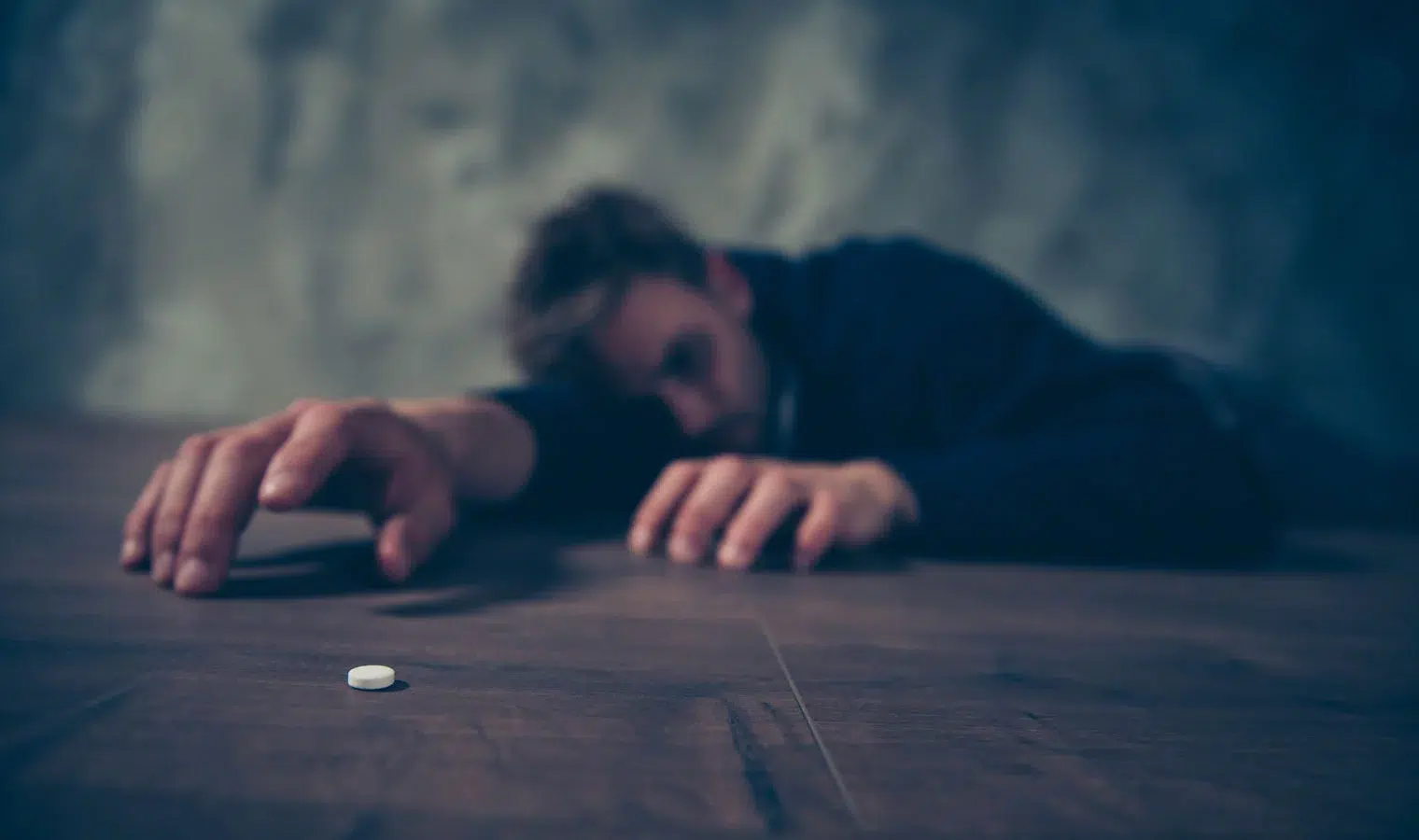
How Long do Withdrawals Last?
Managing Drug and Alcohol Withdrawal Successfully
Table of Contents
Are you worried about stopping using drugs or alcohol? Knowing how long withdrawals last will help to ease your mind, as you gain a good idea of when they will finish. This article will help you with all the information you need to answer: how long do withdrawals last?
Keep reading to find out more about withdrawal timelines, and withdrawal symptoms. Plus will give you tips on how to get through withdrawals, and how to find effective treatment with Emerald Isle Health and Recovery!
How long does drug withdrawal and alcohol withdrawal last?
Withdrawal symptoms are the physical and psychological reactions that occur when someone stops taking a drug or medication to which their body has become accustomed. Withdrawal can last for days, weeks, or even months, depending on the substance being used. It is important to understand withdrawal in order to better manage it and ensure a successful recovery.
The length of withdrawal depends largely on the type of substance being used. For example, opioid withdrawal symptoms may last several weeks while withdrawal from alcohol can last up to several months. In all cases, the process of withdrawal will be different for everyone–some people may have mild symptoms of withdrawal that only last a few days while others may experience more severe symptoms that persist for weeks or longer.
24/7 Drug Withdrawal Hotline – Call Now!
When alcohol and drug withdrawal symptoms occur, they may include physical effects such as nausea, vomiting, sweating, tremors, insomnia, and headaches. Psychological withdrawal aspects can cause depression, anxiety, fatigue, irritability and difficulty concentrating. In some cases, withdrawal symptoms may be so severe that the individual is unable to continue their daily activities or function normally.
In order to manage alcohol and drug withdrawal more effectively it is important to understand the timeline in which withdrawal will take place. Generally, withdrawal can be divided into two stages: acute withdrawal (the first stage) and post-acute withdrawal syndrome (PAWS). Keep reading to find out more about how long do withdrawals last.
Acute withdrawal phase of detoxification

The acute phase of alcohol and drug withdrawal symptoms typically begins within a few hours after stopping the use of the drug or medication and generally last from a few days to one week. During this stage, you may experience extremely unpleasant withdrawal symptoms. The key to managing withdrawal symptoms during the acute phase is to stay hydrated, rest as much as possible, eat a well-balanced diet, and take medications that are prescribed by your doctor.
In this stage of the withdrawal process, you are likely to experience intense physical and emotional symptoms, that will increase cravings. Many people give in at this stage. Remember that if you do, you will have to go through withdrawal all over again to get clean.
Post-acute withdrawal phase (PAWS)
The protracted withdrawal phase usually begins after the acute withdrawal has subsided and can last for weeks or months. During protracted withdrawal, you may experience withdrawal symptoms that are less intense but more persistent. These less intense symptoms last for several months and is characterized by depression, anxiety, mood swings, insomnia and difficulty concentrating. PAWS can be managed with therapy, support groups and medications prescribed by a healthcare provider.
It is important to continue managing withdrawal with healthy lifestyle habits such as exercising regularly, eating nutritious meals and getting enough sleep. You should seek help from a healthcare professional if you experience any severe withdrawal symptoms or if your withdrawal persists for an extended period of time without relief.
Post-acute withdrawal is one of the many reasons why you should consider going through withdrawal at a rehab center like Emerald Isle Health & Recovery.
Relapsed? Learn About Your Rehab Options Now
Seek treatment before going through withdrawal
When abruptly stopping drug or alcohol use, withdrawal symptoms and how long do withdrawals last are serious concerns. Alcohol and drug withdrawal symptoms are the body’s response to suddenly ceasing use of substances that have been used over an extended period of time. Because withdrawal can be extremely uncomfortable and even dangerous in some cases, it is important to understand what withdrawal symptoms may appear when discontinuing drug or alcohol use and how one can safely manage them.
Common alcohol and drug withdrawal symptoms vary among different types of drugs and alcohol, but typically include nausea, vomiting, sweating, shaking, insomnia, depression or anxiety, increased heart rate and/or blood pressure, confusion and/or disorientation. In severe cases of withdrawal from drugs like opioids or benzodiazepines (e.g. Xanax), withdrawal can be life-threatening and may require medical intervention.

It is recommended that if one decides to stop alcohol and drug abuse, they should do so in a medically supervised setting with the help of qualified professionals who can perform detoxification.
A doctor or addiction specialist may be able to provide guidance and support during withdrawal, as well as prescribe medications to ease withdrawal symptoms where necessary. Stopping alcohol and drug abuse can also be made more comfortable through tapering, which involves gradually reducing usage over a period of time rather than stopping all at once.
The process of drug or alcohol withdrawal is a difficult one, but you can get through it. Remember that withdrawal symptoms vary depending on the type of substance used, its amount and frequency, as well as individual body chemistry.
How can you get through withdrawal?
Getting through withdrawal may seem impossible if you have been using or drinking heavily for a long time, but there are steps you can make to help ease withdrawal.
Get support
First and foremost, it is important to recognize the signs of withdrawal and seek appropriate help from a professional or support system. This may include calling an addiction helpline or going to rehab for treatment.
Stay hydrated
Make sure that you stay hydrated. You will likely lose a lot of water from your body due to vomiting and diarrhea. This needs to be replenished. Water is good, but you should also drink electrolytes, as they will replace the salt that you lose.
Eat healthy food
Next, make sure that you are fueling your body with healthy foods. Withdrawal can be tough on your body, and your body is likely not in perfect condition after abusing alcohol. Eat when you are hungry, making sure that you get plenty of fruits, vegetables and protein.
If you feel too ill to eat, try drinking meal replacement shakes. They can help give you some of the sustenance you need until you feel up to eating.
Sleep and rest during detox
Get plenty of sleep (if you can). Your body and mind both need sleep to heal, and getting some sleep is vital when you are in withdrawal. You may go through stages when you are unable to sleep, but rest assure, when you get tired enough, you WILL sleep. To speed up getting to sleep you can try herbal supplements like valerian root.
Have something to distract you
Realistically, when you’re in the thick of it, you won’t be able to do much, but having some movies playing in the background might help you to keep your mind off how you’re feeling.
Hot and cold baths/showers
When you are in withdrawal, your temperature may switch between high and low quickly. Having hot and hot baths or showers can help with this, and may also increase endorphins in your body so you don’t feel so bad.
Take supplements
Certain vitamins and minerals can ease withdrawal symptoms such as anxiety, depression and nausea. Talk to your doctor about which ones may be best for you. If you are at a rehab centre, the doctor there may prescribe you supplements that will help.
Exercise regularly when possible

When you are experiencing the worst withdrawal symptoms, you are unlikely to be able to exercise much (or at all). When you start feeling a little better, you can benefit from taking some light exercise. Gentle stretches, a walk around the block, maybe a few push-ups.
Don’t overdo it, but do try and do some exercise each day if you can. Exercise is an important part of the withdrawal process as it helps reduce stress levels, boost energy levels and improve overall health and well-being. It may even speed up how quickly you are able to get out of withdrawals.
Detox and withdrawals won’t last forever
You should remember that withdrawal does not last forever and that there are ways to make the process more manageable.
It is also important to remember that withdrawal will be unique for each individual so it is important to take time to rest and take care of yourself during this challenging period. If you are facing withdrawal then understand that you are not alone and that there is help available. With dedication and support withdrawal can be successfully managed so that you can begin your journey of recovery.
If you feel like you can’t do it by yourself, contact Emerald Isle Health & Recovery. We can help you get through it.
Medical Detox Hotline – Immediate Help
What is cold turkey detox?
Cold turkey detox is a term commonly used to describe the abrupt or sudden discontinuation of a substance, such as alcohol or drugs. Quitting cold turkey can lead to dangerous withdrawal symptoms and even contribute to long-term health problems. It is not recommended that someone quit any type of substance abruptly without professional medical guidance and assistance.
When someone stops using some substances cold turkey, they are at risk for serious and potentially life-threatening withdrawal symptoms. These can include seizures, hallucinations, depression, anxiety, irritability, nausea and vomiting, sweating and more. Some withdrawal symptoms may require hospitalization to ensure safety while they pass.
For those looking to stop using a substance, it is important to seek professional help. Contact Emerald Isle Health & Recovery to find out how they can help you get through withdrawal without going cold turkey.
How to reduce opioid withdrawal symptoms with medication

Medications that can help reduce the symptoms of opioid withdrawal include buprenorphine, methadone, and naltrexone. Buprenorphine is an opioid agonist that binds to the same receptors as other opioids in the brain.
This drug has been found to be effective at reducing cravings and withdrawal symptoms while providing a sense of normalcy in daily activities. Methadone is another opioid agonist that has been used to treat opioid addiction for decades, and it can help reduce symptoms of withdrawal.
Note that these medications must be used under the strict instructions of a physician, as otherwise, their use can prove dangerous and even fatal.
How to reduce alcohol withdrawal symptoms with medication
Medications can also be used to reduce alcohol withdrawal symptoms, including delirium tremens and seizures. Benzodiazepines, such as chlordiazepoxide (Librium) and diazepam (Valium), are commonly used to treat the physical symptoms of alcohol withdrawal.
These medications should only be taken under close medical supervision due to their potential to cause further dependency and abuse.
Anticonvulsants are also sometimes used in the treatment of alcohol withdrawal syndrome. Common anticonvulsants include carbamazepine (Tegretol), oxcarbazepine (Trileptal) and gabapentin (Neurontin). These medications help reduce the risk of seizures from alcohol withdrawal and can be used in combination with benzodiazepines.
24 Hour Addiction Treatment Hotline
Emerald Isle Health & Recovery to help you get through withdrawals
Going through withdrawal following substance abuse is a daunting prospect. Not only are intense withdrawal symptoms painful, uncomfortable and scary, but withdrawal from some substances, like alcohol and prescription painkillers, can actually kill you.
You don’t need to go cold turkey. Emerald Isle Health & Recovery can help you get through withdrawal safely and as painlessly as possible.
Reach out now for a confidential discussion of our programs, and start your recovery in safety and comfort with us today!








